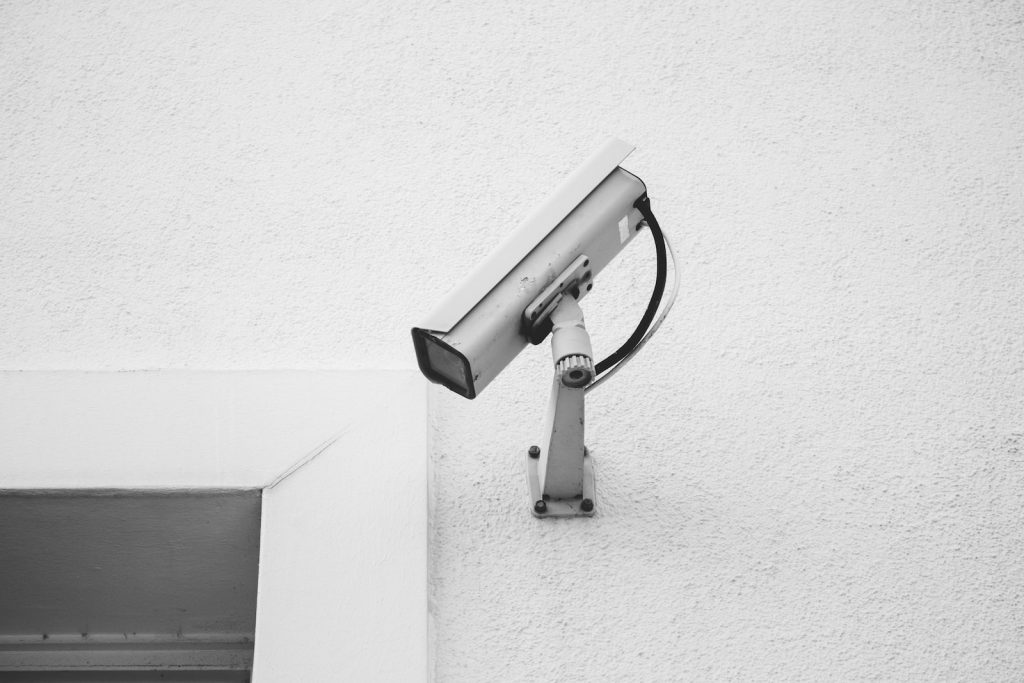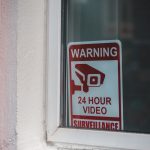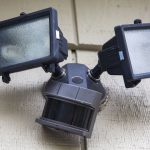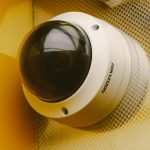Making your home more secure doesn’t have to be expensive. Some simple and cost-effective strategies can be used to deter burglars and keep your family safe. One popular option is a wired home security system.
But if you’re not interested in or able to install a traditional security system, don’t worry – there are plenty of other do-it-yourself (DIY) options. We’ve put together a list of things you can do to protect your home with minimal costs. So really, safe home… not spending lots of money? What else could you ask for?
Why home security is important

Home security is an essential consideration for any homeowner or tenant. Not only does a secure dwelling provide peace of mind, but it can also protect against burglary attempts and other criminal activity. In addition to the physical protection of doors, windows, and locks, modern home security includes various electronic solutions such as alarm systems, surveillance cameras, and even automated lighting.
Such measures alert people in the event of unauthorized access or movement within the dwelling. Having a home security system in place can also lead to cheaper insurance premiums due to the reduced risk of loss or damage from burglars or fires.
By taking precautions to make their homes more secure, homeowners can protect their families and possessions from harm and enjoy greater peace of mind. Therefore it is clear that home security should be taken seriously by all individuals who wish to ensure that no unwelcome intrusion occurs on their property.
How a wired home security system can help
A wired home security system offers peace of mind, knowing your home is well-protected against intruders and other threats. Wired systems are typically more reliable than wireless systems as they are not subject to interference or signal loss.
They also offer more control over the system, as they can be installed in specific locations and monitored through a central hub. Moreover, wired systems tend to be more affordable than their wireless counterparts. Video recordings are also extremely clear with little distortion, making it easy to identify suspicious activity or intruders if needed.
The best part about a wired home security system is that it does not require professional installation. Installing a wired security system is relatively simple if you have the right tools and materials. You will also need to be familiar with basic wiring techniques.
Still, if you are not experienced in this field, plenty of instructional videos and tutorials are available online to help guide you through the installation process.
Simple and cost-effective DIY wired home security strategies
For most homeowners, the first step in protecting their property is to create an effective and robust home security system. While numerous systems are available on the market, many can be expensive to install and maintain. An increasingly popular alternative is to implement a DIY wired home security strategy.
This approach involves connecting security devices such as door or window sensors and cameras directly to your router using electrical cables or wires rather than relying on wireless networks or a central alarm system. The advantages of this type of wired system are numerous: it can be quick and cost-effective to set up, it provides reliable detection coverage without dropouts, and it has the advantage of being easy to expand over time with additional devices.
Moreover, as all your sensor data will go directly into your private router, there are no concerns about third-party vendors having access to sensitive data. In short, DIY wired home security solutions provide a versatile and affordable approach for homeowners who want to take control of the safety of their properties.
How to get started with a DIY wired home security system
A wired home security system can protect your property from burglars and other intruders. The first step is to decide which components are most important for your needs. Typical wired systems include doors, windows, motion sensors, control panels, sirens, and cameras.
Once you have chosen the components, next comes the installation process. This involves hardwiring the sensors into your walls and connecting them to the control panel via a network of cables. You may need to consult a professional electrician if you are uncertain how to install wiring in your home safely.
Finally, you will need to configure the software so that it knows when an alarm should be triggered. With a carefully planned approach, it is possible for anyone to set up their own DIY wired home security system.
Considering your specific requirements is one of the most important things to remember when protecting your home or business premises. Taking the time to do some thorough research at the outset could make all the difference in helping to keep your property secure and ensure peace of mind for years to come.
Home security providers that offer DIY solutions
Several providers offer wired systems with easy-to-follow installation instructions for those who wish to take a DIY approach to home security. ADT and Vivint are two popular options that provide comprehensive solutions for monitoring and securing your property.
Both companies offer equipment packages to customize your system according to your budget and needs. Both companies also offer professional installation services if you prefer someone else to take care of the wiring and setup.
Alternatively, DIY home security systems such as SimpliSafe provide a range of affordable hardware packages that are easy to install yourself, with no need for complicated wiring or professional help. Once installed, these systems can be easily monitored from your smartphone or tablet.
Conclusion
Home security is important for keeping your family and possessions safe. A wired home security system can give you peace of mind by deterring burglars and protecting your home even if you’re away. If you’re interested in DIY home security, there are many simple and cost-effective strategies to get started.
Research different providers to find the best option for you, and always follow installation instructions carefully to ensure that your system is set up properly. With a well-planned DIY home security system in place, you can take control of the safety of your property and enjoy peace of mind.
Frequently Asked Questions
What are some simple and cost-effective home security strategies?
Simple and cost-effective home security strategies include installing motion sensors, CCTV cameras, window locks, door alarms, and secure locks on doors and windows.
What are some of the best home security systems on the market?
Some of the best home security systems on the market include ADT, Vivint, and SimpliSafe. These companies also provide comprehensive solutions for monitoring and securing your property.
What are some home security tips and tricks?
Some home security tips and tricks include locking all doors and windows when leaving the house, investing in a monitored alarm system, installing motion sensor lights, and considering using security cameras.
How can I create a home security system that fits my budget?
Creating a home security system that matches your budget can be done by researching different providers and purchasing the equipment within your financial means.
What are some of the best home security companies?
Some of the best home security companies are ADT, Vivint, and SimpliSafe. These companies offer a range of products and services for both residential and commercial customers.
How can I find a home security system that meets my needs?
Find a home security system that meets your needs by researching different providers and their offerings, reading customer reviews, and consulting with professionals. You should also consider your budget when determining the best system for you.
What are some of the most common home security mistakes?
Some common home security mistakes are not changing the default passwords on devices, neglecting to secure windows and doors, leaving valuable items in plain sight, not using motion sensor lights, and not properly securing your Wi-Fi network.
Conclusion
The overall value of protecting your home cannot be stated enough, but that doesn’t have to come at a huge cost. We hope that the article and guide gave you all the necessary information and a couple of good ideas to make it safer around your home or business.
We have shown ways to increase your overall security without spending much money, so give them a try and let us know if you think it is worthwhile.







1 thought on “DIY Wired Home Security: How to Stay Secure with Simple and Cost-Effective Strategies”